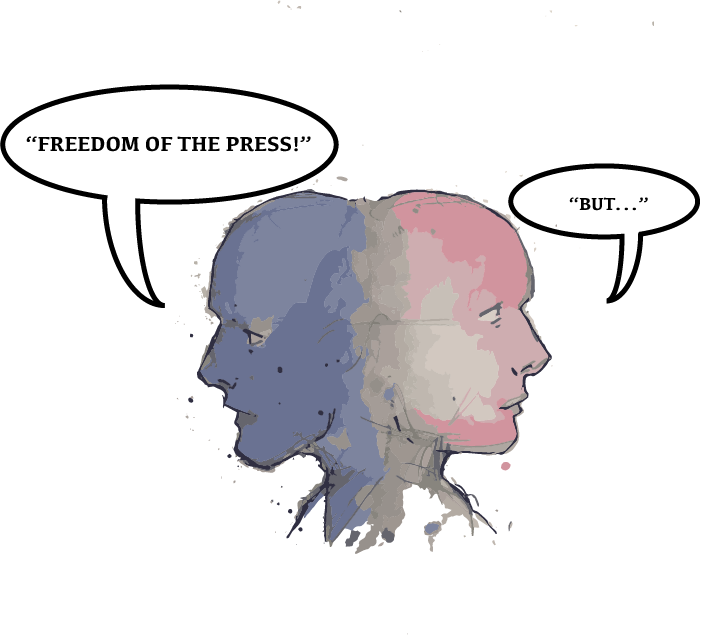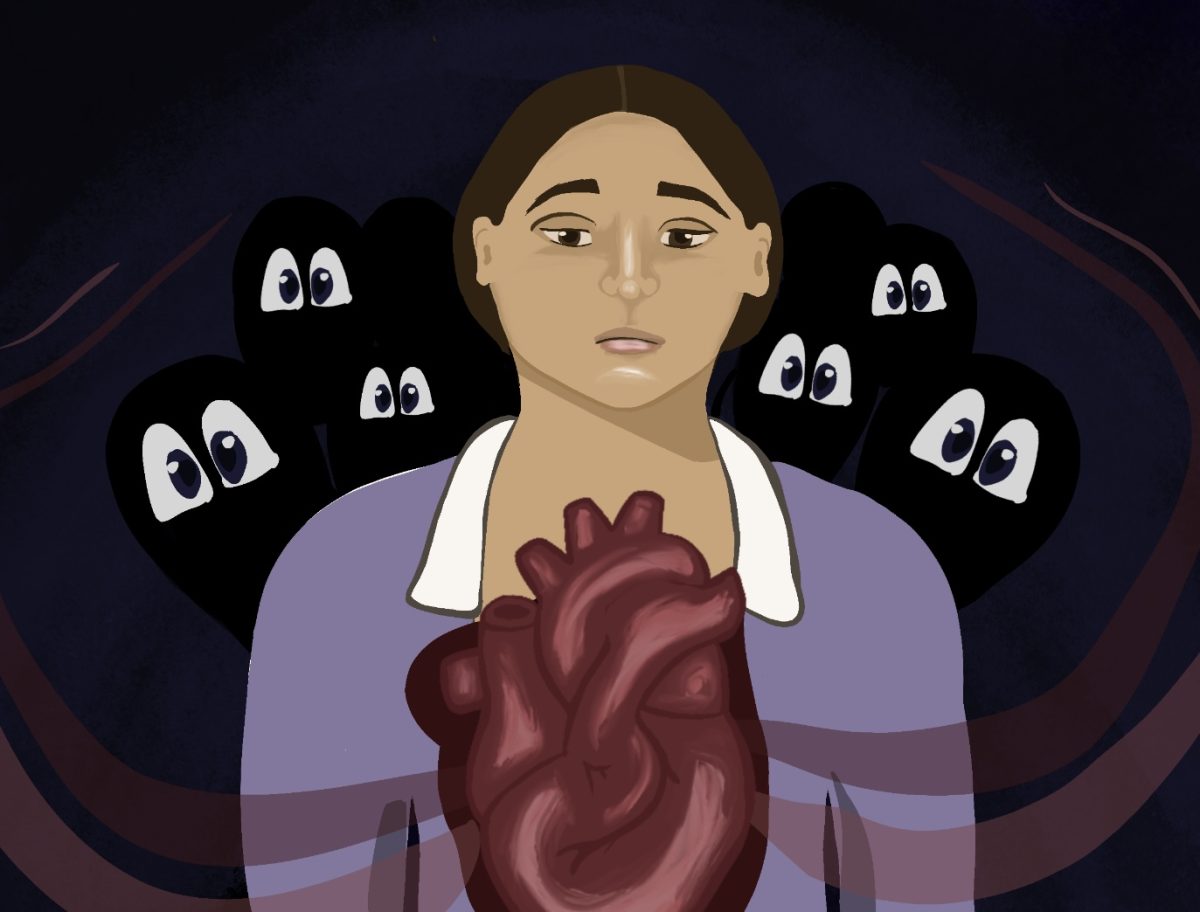Last week, Texas State’s newspaper, The University Star, found itself in the news; it had published an ill-advised column titled “Your DNA is an abomination.” With lines like, “ontologically speaking, white death will mean liberation for all,” inflammatory racialized language permeated the column.
In its apology to the student body, the editorial board said that the column’s author spoke of whiteness as a system of oppression rather than of white people. If one’s diatribe against a system can be taken as a call for genocide, it should not be published. The column’s divisive language outraged the student body, but the student body president’s response surpassed the article in foolhardiness.
Texas State immediately broke into a frenzy. The University Star received various death threats and the student body president Connor Clegg sought to censor the paper. Of these reactions, Clegg’s authoritarian zeal warrants the most ire. Amid the furor, he issued an ultimatum: Either the editors of the Star could resign, or he’d strip the paper of its student funding.
Gilbert Martinez, Texas State media law professor, insisted that targeting the Star violates the First Amendment. Frankly, I do not know whether Clegg and his fellow busybodies have the authority to defund the paper, but that isn’t the point here.
My qualms with Clegg are cultural, not legal. Clegg asserted that the column contains “ignorant, dated, and close-minded opinion(s).” I agree. But attempting to suppress the Star because it published a fringe, far-left column is even more ignorant, dated and close-minded than the column.
Muzzling the press makes students ignorant because it closes their minds to new ideas. And governments, student or otherwise, have been trying to intimidate publications for hundreds of years.
“In the South, pre-Civil War, there were publications banned because they were considered inflammatory. That is, they might lead people to want to overthrow slavery,” said UT journalism professor Robert Jensen.
When Clegg warned that “(The Star) can’t hide behind the First Amendment when we are all supporting them financially,” I was instantly reminded of The Daily Texan’s history.
In 1974, UT Regent Frank Erwin persuaded the Board of Regents to cut off the Texan’s funding, saying, “We do not fund anything that we can’t control.” The next day, those nine words alone plastered the front page of the Texan. Students organized protests and petitions, and the regents rescinded the opinion.
The two quotes, 43 years apart, share similar themes: silencing dissenting voices and quashing a free, independent press. A free, independent press cannot be controlled. Otherwise, it’s not free, and it’s not definitely not independent.
If Clegg continues down this authoritarian path, The University Star should run a 13-word front page with an eerie line: “They cannot hide behind the First Amendment when we are supporting them financially.”
“I think we agree on this,” Jensen said, “I think that trying to somehow shut down the student newspaper is stupid.” Intimidating the press is far more abominable than publishing a bad column. I should know — I’ve written a few.
Howell is a history sophomore from Dallas.


















